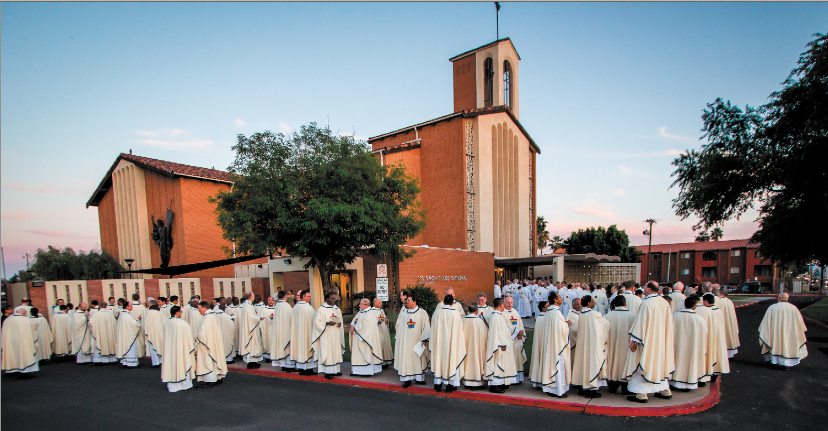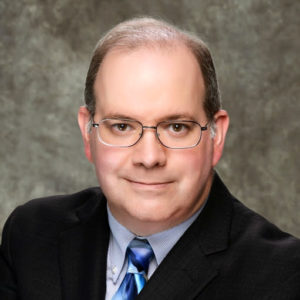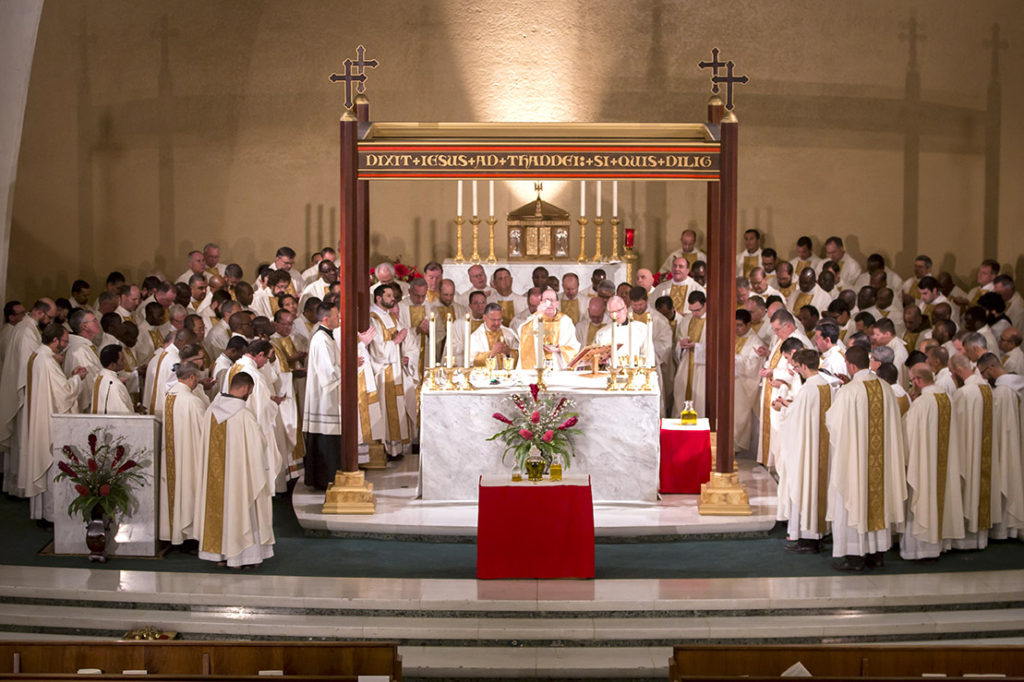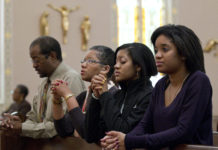
Another season of assigning priests to new ministries is afoot in our diocese. Those newly ordained receive their first long-term assignment in priestly ministry, and our older priests enter into a euphemistic retirement, continuing some kind of ministry free of the administrative burdens which can accompany it.
Meanwhile, several of our priests are being transferred from one parish to another, including several who have been ordered by our bishop to leave long-held pastoral posts for a new assignment. Such reassignments disrupt long established bonds of pastoral leadership and friendship between a priest and his parishioners. Parish social media sites, the conversations overheard in and around parishes, the correspondence between priests and their parishioners and sometimes between parishioners and their bishop, all confirm that the reassignment of priests can and does serve as occasions for controversy, lament and even protest.

Priestly transfers often require a sacrifice for many who are affected. Experience shows that good priests, who have spent a significant period of time in a parish are able to develop a constructive legacy of development of pastoral and educational ministries. Such priests are able to attract vocations to the priesthood and religious life and directly nurture those vocations as an important dimension of their pastoral leadership and care. Most importantly, good priests develop strong parish communities, which is of particular importance for the Catholic Church in the United States.
We are hierarchically strong, in that there is clarity in what the Church teaches through its ecclesiastical authority established by Christ through His apostles, but since World War II, the Church has often suffered from weakness at the congregational level. This weakness was brought about by the breakdown of national ethnic parishes, the growing mobility of Americans who sought greater economic and social opportunity away from their places of birth, and other phenomena of social breakdown.
This is an especially acute challenge for the Church in Phoenix, with a fluid, rapidly growing population. In face of this reality, a good priest’s ability to teach, sanctify, and lead his parishioners enables the development of community. Our best parish communities yield the most commitment to the Church through the provisioning of resources and the nurturing of vocations for ministry. When the priest transfers, the community faces a test where they find out whether their lived Christian commitment was truly based on Christ, or did a local cult of personality unwittingly develop around the departing priest.
Priest transfers are essential for the Catholic Church. It is among the Church’s most immediate methods to make sure its ministries are focused on Jesus Christ alone. It is a powerful check to prevent or break up any cult of personality, or at least to correct a parish’s unhealthy dependence on any one priest. This action reminds us that while each of us is important to the Church, none of us are indispensable to any single particular ministry.
This check gains added urgency in the United States, where Christian religious practice all too often fosters an attachment to personality-driven ministries. This problem is not an abstraction for the Diocese of Phoenix. In its recent history, personality-driven ministry in one of our largest East Valley parishes led to many parishioners following a charismatic leader into a state of disobedience and excommunication.

Why is our country, including us Catholics, vulnerable to personality-driven ministries and personality cults which can develop around charismatic ministers of the Gospel? Like many problems in the Church, it stems from bad theology, specifically, bad ecclesiology. Beginning in the 19th century, Christianity in America underwent a revival which, as it evolved, tended to privilege an individual person’s subjective experience of God. It also privileged how one interprets and understands that experience, above any and all Church authority.
When Catholics exited our ethnic and religious diaspora, and joined the social mainstream beginning in the mid-20th century, we became vulnerable to that peculiarly American religious phenomenon. Churches, emptied of any idea of possessing an intrinsic God-given authority, had to compete in the marketplace of ideas like any other group. Religious beliefs and practices became commodities marketed by churches to attract the widest possible group of adherents, who in turn support it with their presence and donations.
American Christians, who found themselves alone with their poor-to-nonexistent religious education and unformed consciences, thinking they had made their conscience the supreme authority over all other things below God, sought a Christian message that was satisfactorily attractive for them.
The irony here is that this does nothing to empower the American people with freedom to choose. When U.S. Christians removed all God-given authority from their churches, this vacuum of authority required a replacement. American Christians, who found themselves alone with their poor-to-nonexistent religious education and unformed consciences, thinking they had made their conscience the supreme authority over all other things below God, sought a Christian message that was satisfactorily attractive for them. They began to grant power to the charismatic figure that appears to please that need with the empty spiritual calories of an appealing message. They also began to eschew seeking a church which teaches God’s truth, no matter how uncomfortable or comfortable one may think or feel hearing it.
Priest transfers suffice to remind all Catholics that the revealed and reasoned truth Christ teaches through His Church and her clergy is what matters. Despite that, there have been many instances of Catholics following a charismatic priest from parish to parish. To do so leads a Christian down the path of Donatist thinking. This heresy of the early Church argued that the efficacy of the sacraments is directly tied to the holiness and moral character of the priest administering them. Originally, this heresy claimed that priests who betrayed the faith could not offer the sacraments without Confession and rebaptism.
St. Augustine argued that the efficacy of the sacraments depend on God, and not the person administering it. Those Christians who follow a priest from parish to parish, are making a statement akin to Donatism where their favorite priest, alone, is more worthy to administer the sacraments to them than any other priest. They imply that one particular priest best stands in personae Christi over all other priests in the diocese. Therefore this heresy, like all other heresies, replaces Jesus Christ with the false idol of one of His priests.
New priests bring different gifts and talents. Especially important in our Church today is the necessity to experience ministry in the hands of priests who may have a quieter, less dramatic, approach to ministry. This is not to say they are any less charismatic. To be charismatic means to live in the Holy Spirit, receive His gifts and share His fruits with those to whom you minister. That quality is not solely found with priests with powerful liturgical and preaching styles.
Regardless of his approach to ministry, the mark of any good priest is to minister and disappear. If any of us leaves Mass edified by the worship, preaching and sacraments, and forgets who celebrated that particular liturgy, the priest did his best work that day. May our prayers for our priests be that they receive the grace to achieve that best work each and every day.




![[VIDEO] Make Sunday feel like Sunday again](https://www.catholicsun.org/wp-content/uploads/2021/04/2021-YOUTUBE-BISHOP-MESSAGE-THUMBNAIL-ENGLISH-218x150.png)

